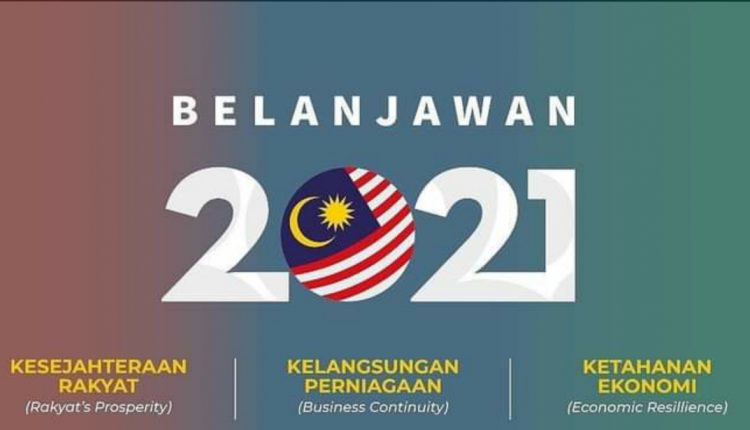KUALA LUMPUR, Nov 6 — Achieving a developed, high-income, and an inclusive nation must be accompanied with higher purchasing power, but unfortunately, the rising cost of living remains a critical concern among the rakyat, particularly the low-income group.
-Advertisement-
According to the Economic Outlook 2021 report released by the Ministry of Finance today, from 2016 to 2019, the Consumer Price Index rose by 1.8 per cent while the median household income increased by 3.9 per cent.
“The World Bank (2019) reports that although the median income continued to outpace inflation, the income growth for low-income Malaysians slowed between 2014 and 2016.
“The report also highlights the disparity in purchasing power of households in different parts of the country,” it said.
According to the report, poor financial planning, growth in household indebtedness and unaffordable housing are among the key factors affecting the cost of living.
“Furthermore, the mean income of the top 20 per cent (T20) and the bottom 40 per cent (B40) of households widened from RM8,679 in 2009 to RM15,354 in 2019. This signifies the widening of the income gap between the two groups,” said the report.
Meanwhile, the report stated that as Malaysia progresses towards a high-income and developed nation, the problem of regional development imbalance continues to persist.
-Advertisement-
“While the more developed states continue to record above-average per capita income, the income gap among states remains.
“For instance, Sabah’s income per capita was 45.5 per cent below the national average, and that of Kedah and Kelantan was at 51.8 and 69.2 per cent respectively,” it said.
It is also reported that in 2019, Kuala Lumpur and Putrajaya recorded the lowest poverty rates of 0.1 per cent and 0.4 per cent of households, respectively,
“In comparison, states such as Sabah and Kelantan recorded significantly higher poverty rates of 19.5 per cent and 12.4 per cent respectively. This illustrates a pronounced disparity in economic development among states in Malaysia,” the report said.
The report also stated that unsustainable consumption and production practises as well as lack of shared responsibility among stakeholders, continue to impact the well-being of the rakyat.
The implementation of the Movement Control Order (MCO) to contain the COVID-19 pandemic has indirectly contributed to better air and water quality, but this situation is likely to be temporary as it will continue to be business as usual when economic activities recover.
“However, this situation can still be maintained if all parties were to realise and take responsibility for ensuring environmental sustainability accompanied by comprehensive enforcement action,” said the report. – BERNAMA

